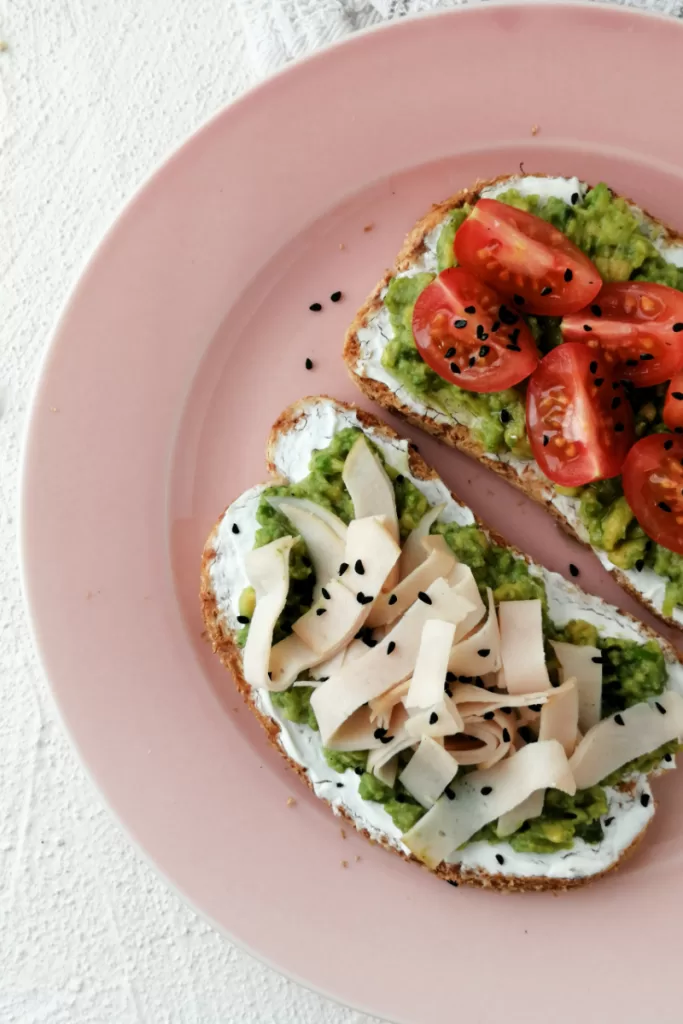When it comes to maintaining a diet there are options available. People nowadays are adopting approaches, like going keto, vegan, low calorie, low fat, Paleo and many others. Additionally there are diets that prioritize reducing the intake of animal products like vegetarianism, pescatarianism and veganism.
The latest trend, in pursuing a diet involves embracing a plant based approach known as a plant forward diet. This doesn’t necessarily mean following a 100% vegan diet but rather encourages incorporating plant based foods and reducing the consumption of animal products.

Benefits of a More Plant-Forward Diet
Why should you consider transitioning to a diet that focuses more, on plant based foods? Lets explore some of the health advantages that come with incorporating a variety of plants into your meals.
Enhance your heart health. Reduce the risk of diseases and strokes. By including plant based foods in your diet you’ll naturally consume a proportion of whole and unprocessed foods. This can significantly benefit individuals who’re susceptible to heart disease, high cholesterol levels or stroke.
Achieve weight loss in a manner. If you’re dealing with obesity it’s crucial to adopt changes that promote well being without excessive restrictions. Embracing a plant forward approach allows for modifications to your eating habits.
Promote health by reducing fat intake. Certain medical conditions can be exacerbated by consuming diets in fats commonly found in meat and dairy products. Conditions like GERD, gastritis and Crohns disease are particularly sensitive, to high fat diets.
Start With Your Current Favorite Plant-Based Foods
To start transitioning to a plant focused diet begin by compiling a list of the plant based foods that you already enjoy. These can include fruits, vegetables, whole grains and other wholesome plant based options. Consider including your fruits, for breakfast vegetable side dishes you relish, nuts and seeds that bring you pleasure, grain sources that your family adores, as well as the beans and legumes that are staples, in your diet.
Make Easy Swaps Gradually Over Time
Instead of changing your entire diet on day one, just focus on plant-based food swaps slowly and gradually. You can start by first switching up the red meat in your diet to poultry or fish. This is still not a plant-focused meal, but it helps to slowly switch from higher fat meats to healthier poultry. You can then start slowly reducing your portion of the chicken or fish and adding more veggies and salads to your meals.
Animal-Based Foods Are No Longer the Main Dish
A simple way to think about a plant-forward diet is that your animal-based foods are now the side dish or occasional source of protein, instead of the main course. This can also happen slowly over time, as you begin adding more plant foods to your meals, and less of the animal-based foods.



